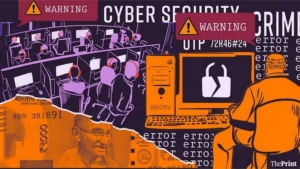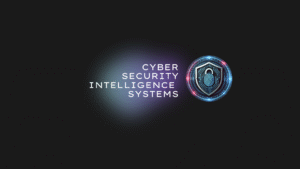International Cybersecurity Alert: Global Financial Institutions Targeted in Massive Phishing Campaign
Date: August 13, 2025
Location: London, United Kingdom
A large-scale international phishing attack targeting major financial institutions has been detected, impacting banks, fintech companies, and payment processors across Europe, Asia, and North America. Cybersecurity experts warn that this is one of the most sophisticated global cybercrime operations in recent years, leveraging AI-generated emails and deepfake voice calls to trick executives and customers into revealing sensitive financial credentials.
According to the European Cyber Defence Agency (ECDA), more than $250 million in attempted fraudulent transactions have been flagged in the last 72 hours. The attackers reportedly cloned official bank websites, replicated customer service voice lines using AI, and deployed malware to bypass multi-factor authentication.
“This is not just a regional scam — this is a coordinated, international cyberattack on the financial sector,” said Michael Hart, ECDA Director of Operations. “The speed and precision of these phishing campaigns show a deep understanding of banking workflows and security protocols.”
The ECDA is urging all financial institutions to immediately enhance cybersecurity measures, including advanced email filtering, employee awareness training, and real-time transaction monitoring. Customers are also advised to verify any communication before taking action, especially those involving financial transfers.
CSIS Expert View: Cyber Security Intelligence Systems (CSIS) warns that global phishing attacks will continue to rise as criminals adopt AI-driven cybercrime techniques. “This attack is a wake-up call for the entire financial industry,” said Deva E, CEO of CSIS. “Only a combination of AI-powered threat detection, proactive monitoring, and cross-border information sharing can stop these attacks before they cause catastrophic losses.”
The information in this report is based on publicly available data and CSIS research. All trademarks belong to their respective owners.













